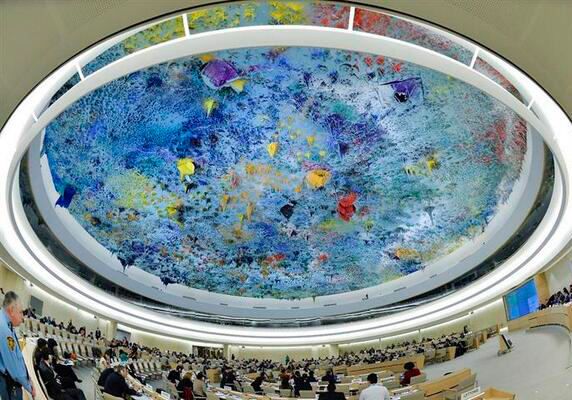
Jun 27, 2014 | Advocacy, Non-legal submissions
The ICJ and other civil society organizations highlighted progress in relation to accountability in the field of business and human rights, together with some continuing concerns, and unacceptable procedural tactics including in relation to a resolution on “protection of the family”.
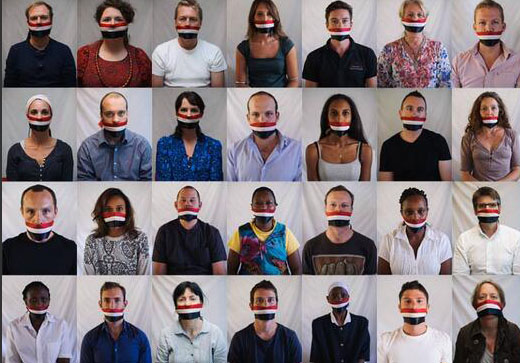
Jun 24, 2014 | News
The ICJ deplores the wave of recent decisions by Egyptian officials and courts that aim to silence journalists, human rights defenders, political activists and all those suspected of opposing the military and the government.
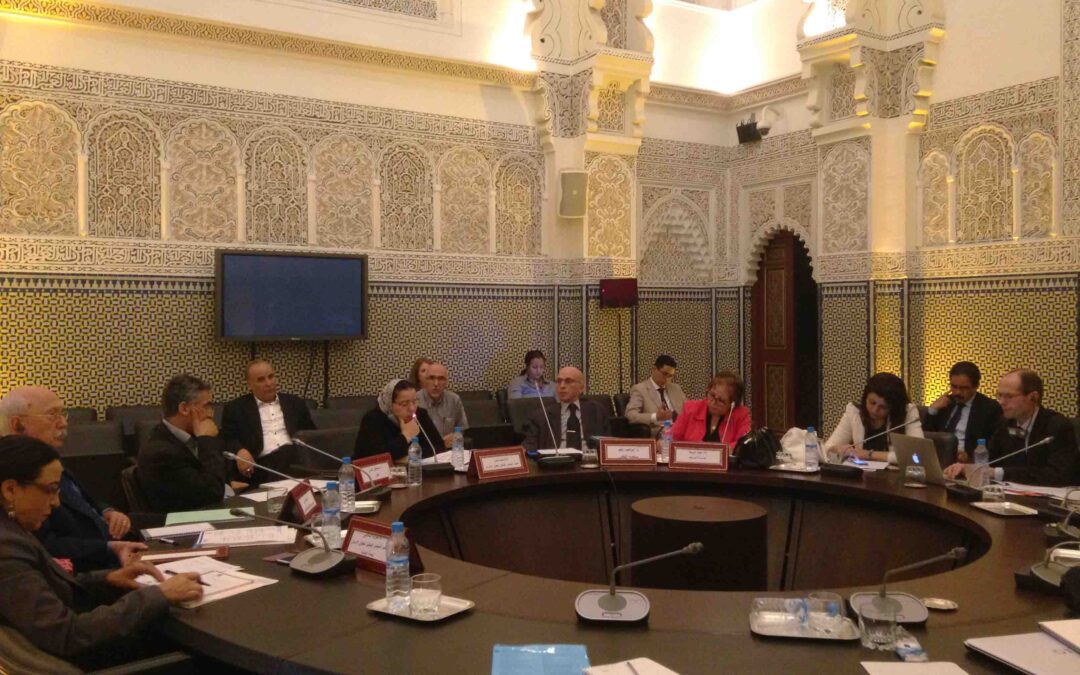
Jun 23, 2014 | News
An ICJ delegation including ICJ Commissioners Justice Philippe Texier and Professor Olivier De Schutter concluded a one-week mission in Morocco to discuss access to justice for social rights in the country.
During its stay, the ICJ delegation met with various public authorities and civil society actors.
Among these meetings, the ICJ organized a round table discussion together with the Conseil National des Droits de l’Homme, and a discussion with civil society together with the Organisation Marocaine des Droits Humains and the Friedrich Ebert Foundation.
All the meetings allowed to discuss the normative advances as well as the remaining difficulties in the implementation of Morocco’s international obligations in the area of economic, social and cultural rights, including the obligation to guarantee effective mechanisms for the remedy and reparation of violations of these rights when they occur.
In this latter field, weaknesses have been identified in law and practice, with important efforts still to be realized in strengthening an institutional framework that is able to inquire, sanction and redress violations of ESCR.
During the discussions and consultations, the ICJ paid particular attention to the situation of marginalized and disadvantaged individuals and groups, including those who work in, and live around, free trade zones and areas for export-oriented agricultural production.
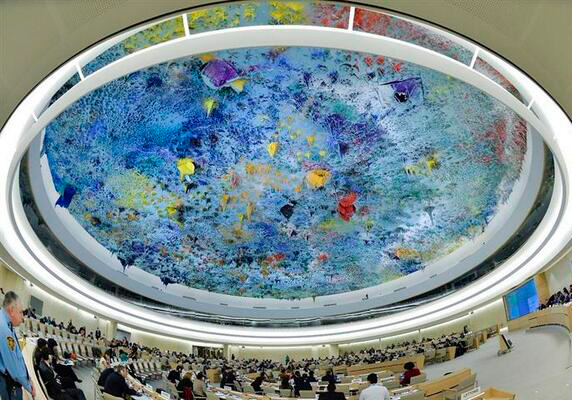
Jun 18, 2014 | Advocacy, Non-legal submissions
The ICJ delivered an oral statement to the UN Human Rights Council, during the interactive dialogue with the Commission of inquiry on the Situation on human rights in the Syrian Arab Republic.
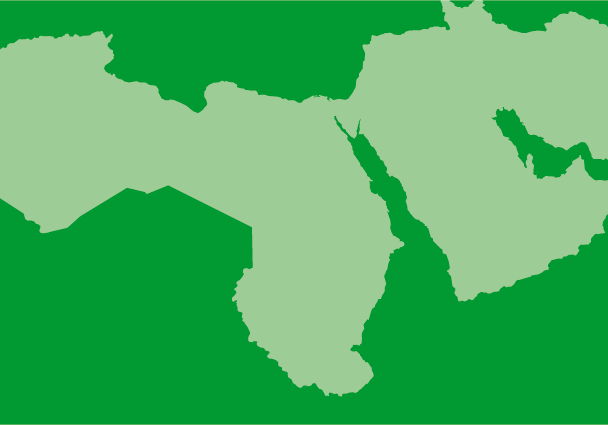
Jun 6, 2014 | News
30 Human rights groups, including the ICJ have signed a statement calling upon the League of Arab State’s (LAS) member States to substantially revise the draft statute of the Arab Court of Human Rights (the Arab Court).
The LAS should also ensure the full accordance of the Arab Court with international human rights law and standards, including obligations assumed by LAS member States, the statement says.
In addition, the human rights groups strongly condemn the fact that both the LAS and the expert committee went about their drafting exercise without consulting with any civil society groups, despite their vast expertise in relevant issues, or any other stakeholders, despite several requests from civil society organizations to engage in the process.
The full text can be downloaded below in English and Arabic:
MENA-Arab Court Statement-news-web story-2014
MENA-Arab Court Statement-news-web story-2014-ara









